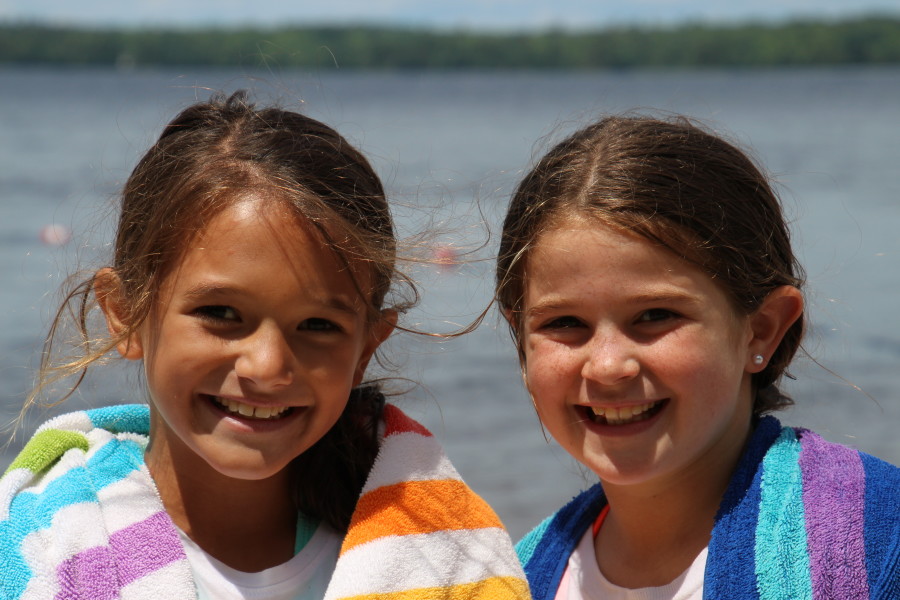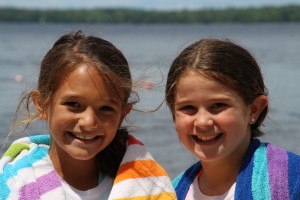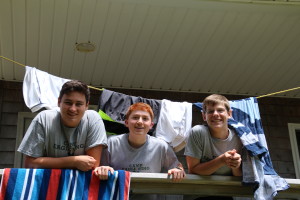So, we are five days into the session and many of you will be receiving, or will have received, your first letter. Many of the letters received will be quite happy and full of stories and tales about camp. Sometimes though the first letter that parents receive is not so happy. How common is this and what can you do?
First, it is actually quite common for parents to receive a homesick first letter. Whether it is a child’s first, or fifth time to be at camp, every year is new. Some of the staff are new, the cabin could be new, bunkmates are new, and that can throw a child. It is possible though that by the time you receive the letter, circumstances will have changed dramatically. This is why we always welcome your emails or phone calls to check in on your child. And, we will always be honest. I cannot tell you how many times an understandably worried mom has called after receiving a homesick first letter, and I have looked outside my office window to see them skipping arm in arm with a buddy to their next activity. By the time the parent receives their second letter the child is in an entirely new space.
For the vast majority of campers, camp becomes a “second home” within the first week. Occasionally though a child will continue to struggle while at camp. What then? According to research done by child psychologist Dr. Chris Thurber, while most all campers experience some mild homesickness while away at camp, only 7% have a case of homesickness that persists and threatens the camp experience. In this circumstance there are a number of things that we, and you, can do to help.
First, our bunk staff are quick to identify those kids that seem at risk and intervene. They may begin having regular conversations with the camper, checking in to see how things are going. At this point our senior staff are also brought into the loop. Ultimately, the best antidotes to homesickness are making a buddy and getting involved. And, the sooner the better. Being a part of the camp play, working to sail in a regatta in the future, or making a project in Sloyd (woodworking) are all examples of “involvement” that give a camper things to look forward to while at camp. As soon as campers arrive, we begin connecting them with each other and working to get them involved in meaningful activity. Camp Eagle Wing is a small, tight knit community where taking care of each other is paramount.
On your end, letters are important. Research shows that talking about homesickness and receiving letters from home does NOT compound the problem. Letters though should be encouraging and upbeat. Let your camper know how much you believe in them and their ability to succeed at camp, and away from home. Parents should be careful not to fill their letters with statements such as, “We miss you so much! We are lost without you!” As well, too many letters can also be damaging, not allowing the child to separate and have their own experience.
Ultimately, learning to live away from home is a necessary part of growing up, and camp happens to be a wonderful, safe space in which a child can begin to gain independence. Research shows that children who have gone away to camp have much easier transitions to college, and life thereafter.
We thank you for entrusting your children to us this summer. We hope to send your children home with great tales of their experience, and a great desire to return to the shores of Gardner Lake.



